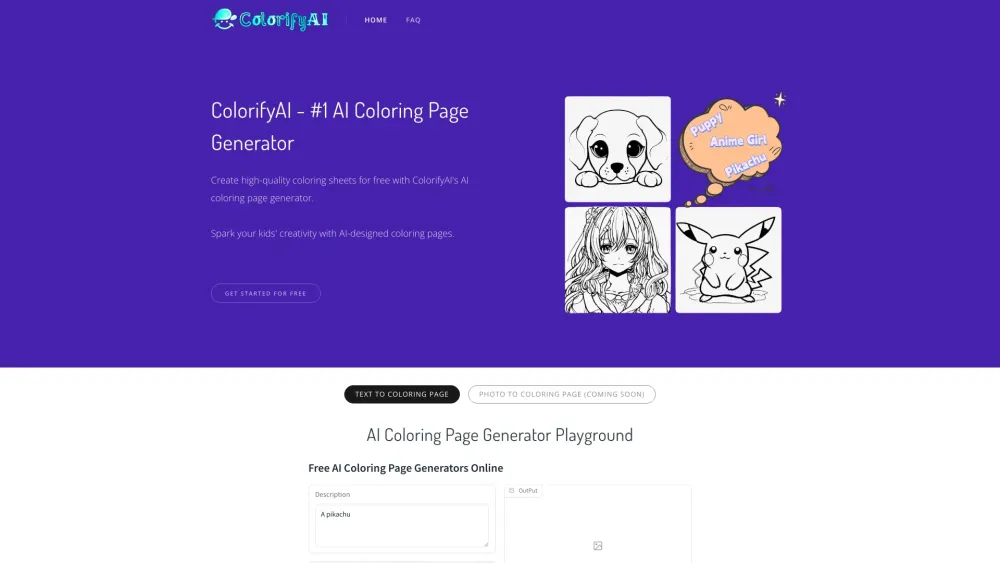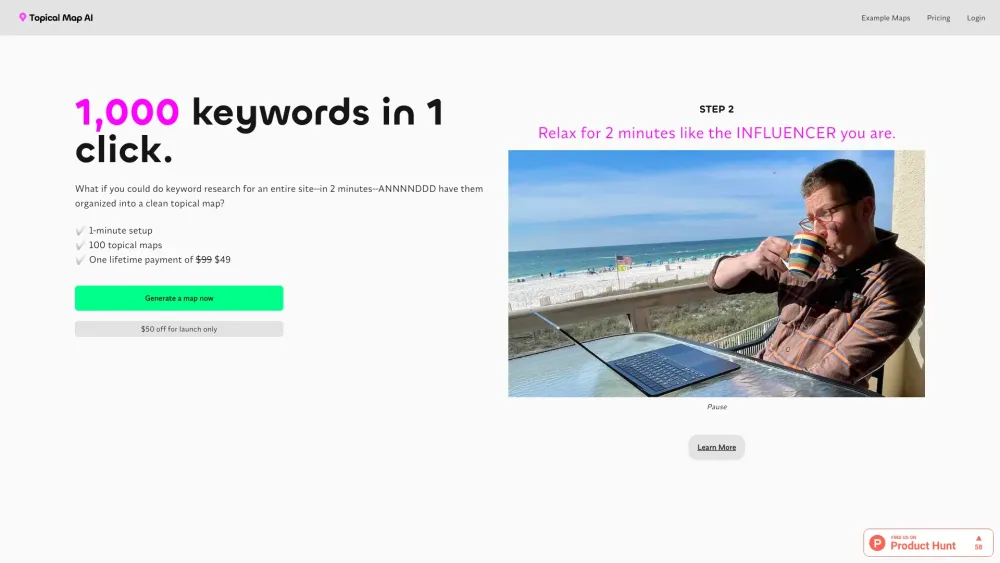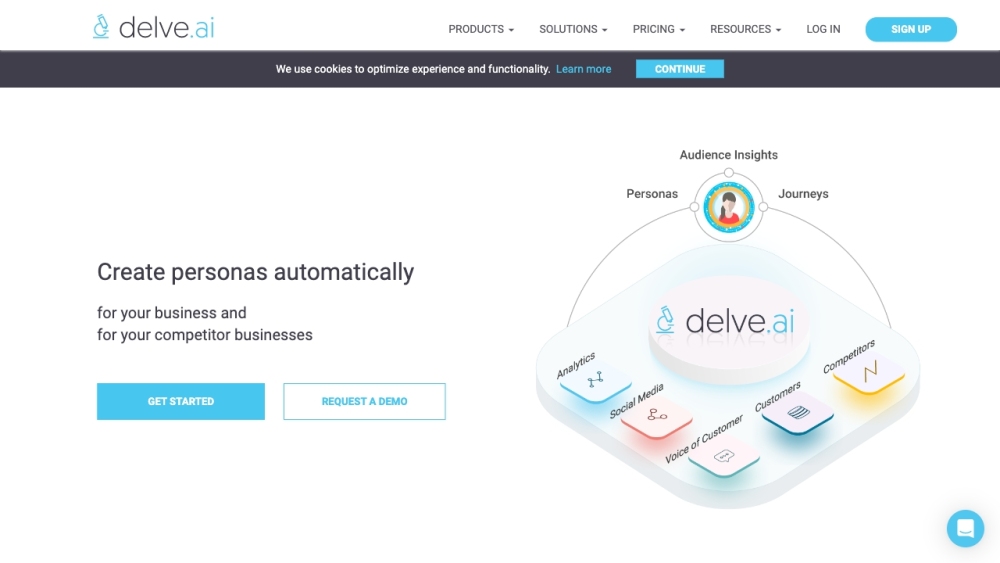Today’s complex and unstructured data—comprising text, images, audio, and video—pose significant challenges for traditional databases, which often struggle to manage these high-dimensional datasets characterized by numerous variables.
To address this issue, vector databases have emerged as specialized solutions capable of efficiently indexing, querying, and retrieving the data essential for AI development and execution.
Introducing Qdrant Hybrid Cloud
With the recent launch of Qdrant Hybrid Cloud, organizations now have a powerful choice. Qdrant positions itself as the industry’s first managed hybrid cloud vector database, empowering enterprises to leverage vector databases while maintaining complete control of their data.
"Vector databases are engineered to manage complex, high-dimensional data, forming the backbone for transformative AI applications," stated Qdrant CEO Andre Zayarni. He emphasized that the hybrid cloud service enables businesses to explore innovative AI use cases that third-party cloud services may not support.
Vector Databases Across Various Environments
The vector database market is projected to grow significantly, expanding from $1.5 billion in 2023 to $4.3 billion by 2028. Alongside Qdrant, other notable providers such as Pinecone, MongoDB, Milvus, and Rockset are carving out niches in this sector.
What differentiates Qdrant is its dedicated database specifically designed for high-dimensional vector data. The Qdrant Hybrid Cloud enables customers to execute vector search workloads within their environments, ensuring their data remains secure.
"We crafted this offering to ensure maximum control and sovereignty over data and vector search workloads, regardless of the cloud provider, on-premises solution, or edge location," Zayarni explained.
Use Cases for Qdrant Hybrid Cloud
Qdrant Hybrid Cloud supports a variety of applications, including generative AI, retrieval-augmented generation (RAG), semantic search, personalized recommendations, data analysis, and anomaly detection. It is deployable in any Kubernetes environment and an increasing number of other platforms.
“AI excels at deriving meaningful insights from extensive unstructured data, helping enterprises leverage this information with precision and advanced context,” Zayarni noted.
Ensuring Data Control and Compliance
One critical application is the development of internal AI knowledge assistants or chatbots tailored for functions like sales or R&D. These AI solutions require access to sensitive internal documents, necessitating stringent data security protocols to comply with privacy regulations.
Failing to control data adequately leads to significant risks, including inflexibility in infrastructure and cost optimization challenges, as organizations lack ownership of the underpinning systems. "Enterprises must have the flexibility to run vector database applications in any environment while ensuring complete control over their data," Zayarni stated.
Emphasizing Privacy and Secure Deployments
As enterprises transition from AI prototyping to active deployment, aspects such as privacy, data sovereignty, and deployment flexibility become paramount. These elements are crucial for developing and scaling new applications, whether they are customer-facing AI assistants or internal knowledge retrieval tools.
Zayarni highlighted that the vector database landscape is still relatively nascent with limited deployment options, typically confined to open-source on-premises setups or managed services. The introduction of managed hybrid cloud vector databases addresses the market's need for privacy and security while enabling cost-efficient operations.
“This is the direction the market is heading, highlighting the importance of hybrid cloud deployment options,” he concluded.
Ultimately, vector databases represent a new frontier in data management, where complexity is not a hurdle but a catalyst for innovation.





